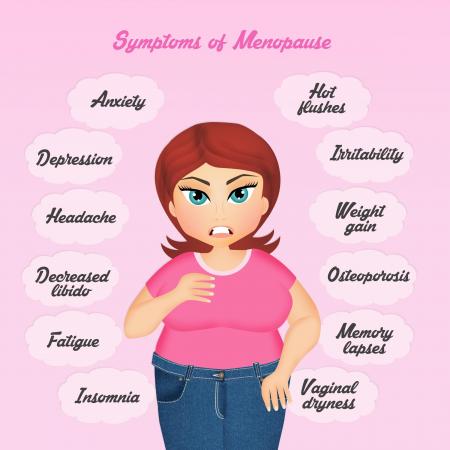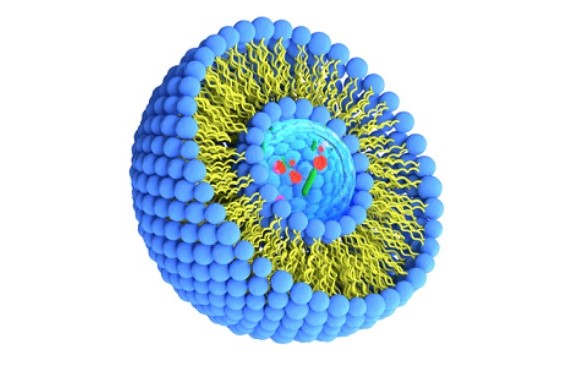
A large number of women encounter menopause symptoms after their first period, up to 12 years after their last menstrual cycle, and only a small minority experience symptoms longer than a year after the onset of menopause. The median time for women to experience the first signs of menopause is approximately 52, while it can occur as early as two months earlier for Latina and African-American women and as late as two years later for white women. The symptoms of menopause are different from those experienced by women who are in their thirties or forties, but the onset of menopause generally follows the same path.
During menopause, many women have increased levels of estrogen and lower levels of progesterone, which are caused by hormonal fluctuations. Hormones such as progesterone stimulate the production of estrogen, while estrogen promotes menstruation and fat gain.
Some women will experience abdominal pain, bloating, depression, insomnia, weight gain, or headaches
Others may experience hot flashes, fatigue, and muscle or joint pain. If you experience one or more of these symptoms, see your physician promptly for proper diagnosis.
Unfortunately, menopausal symptoms can be quite difficult to detect, especially during early stages. For this reason, some physicians prescribe hormonal supplements to women with signs of menopause and experience only temporary relief. While these supplements are helpful in providing temporary relief, it is important to note that the supplements can have serious side effects.
Symptoms of menopause are usually present prior to menopause, which makes diagnosis even harder. This is due to the fact that most symptoms of menopause are not recognized at this point, which is why many doctors use tests such as urine tests and blood tests to determine the beginning of menopause.
Some of the symptoms of menopause include headaches, fatigue, depression, and changes in moods, such as feelings of anger and irritability. In some women, fatigue can last from weeks to months, and some symptoms may persist into the third trimester of pregnancy. Other symptoms include depression, irritability, irregular periods, and hair loss.

Women with symptoms of menopause should immediately consult their doctors if they experience any of the symptoms listed above
These symptoms often indicate that there is an underlying medical condition that needs to be treated. A doctor may want to perform tests such as a Pap test to rule out cancer, but if the symptoms of menopause last for several weeks or months, it is likely that the cause of menopause is not cancer.
Women who are experiencing symptoms of menopause but who have not yet reached menopause should discuss their symptoms with their physician in order to explore their medical treatment options. While there are no effective cures for menopausal symptoms, it is always best to try to treat the root causes of the problem so that symptoms can be successfully treated and overcome.
There are medications that can be used to help treat symptoms of menopause. Some of these medications, including birth control pills, can cause side effects and should be considered in conjunction with other treatments such as counseling and regular exercise.
Another option available for women who experience symptoms of menopause is estrogen replacement therapy, also called HRT. Estrogen replacement therapy can be used by itself or in conjunction with other treatment options. Hormone replacement therapy is commonly prescribed by both physicians and patients alike for those who have begun to experience menopause symptoms.
The goal of hormone replacement therapy is to replace the female hormones that your body produced prior to menopause, which is lacking in most women. women who experience menopause. In most cases, hormone replacement therapy is recommended for up to four years.
HGH injections and shots can also be used to treat symptoms of menopause and improve the health and overall condition of the reproductive system. You should talk with your doctor about the pros and cons of HGH injections and shots.
